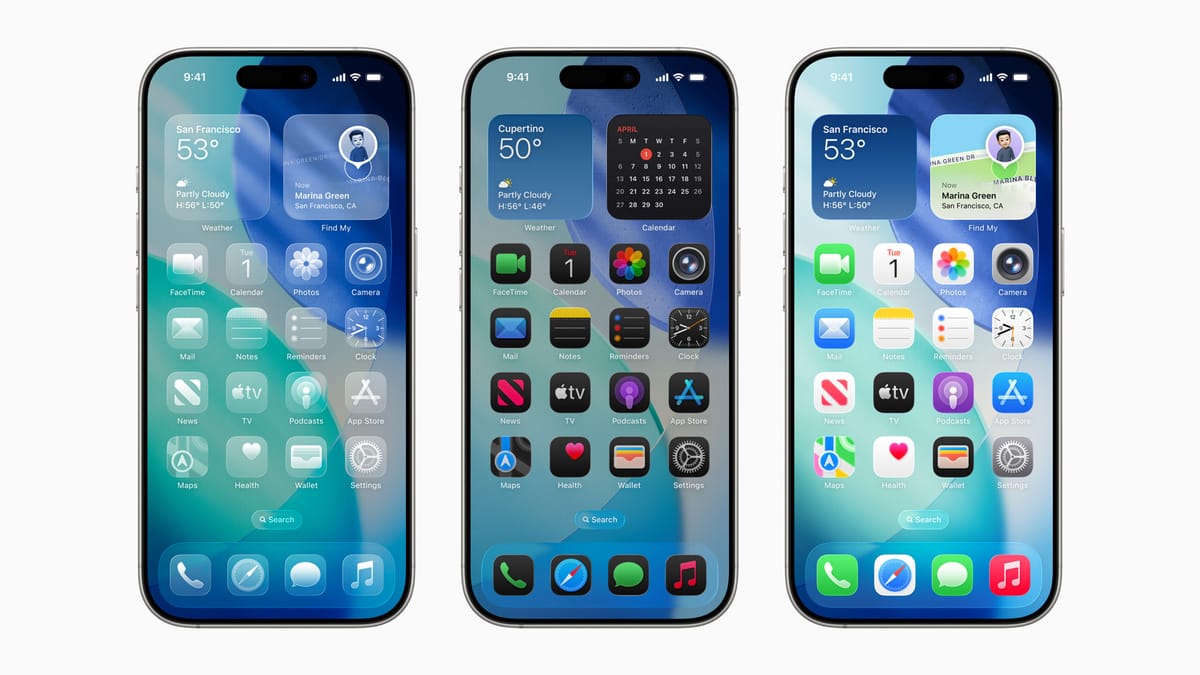Is Europe’s Crackdown on Apple a Win for Users—or a Threat to Innovation?

Apple vs. The EU: A Bitter Battle Over Interoperability
Apple doesn't often go on the offensive against government regulation—but that changed dramatically this week. Facing looming fines and stringent rules from the European Commission, Apple has launched a fiery legal challenge against the Digital Markets Act (DMA) and its sweeping demands for “interoperability.”
According to Apple, these new requirements won’t just hurt their business; they claim they’ll undercut privacy, innovation, and the user experiences that millions in Europe have come to expect. With the world’s most valuable tech company at war with one of the world’s most powerful regulators, the stakes couldn’t be higher. So, is the EU protecting consumers—or is it risking the magic that makes Apple… Apple? Let’s dive in.
🌍 Europe Demands Openness: What’s Really at Stake?
- Regulatory Showdown: The European Commission’s Digital Markets Act (DMA) is forcing Apple to let rival services access its platforms—especially on iPhones and iPads.
- Apple’s Fury: Apple calls the new rules “deeply flawed,” “unreasonable,” and says they target Apple alone while sparing competitors.
- Innovation at a Crossroads: Apple argues that these requirements will limit innovation in Europe and force the company to offer a watered-down user experience.
- Data Dilemmas: According to Apple, making its platforms more open means risking access to “the most sensitive information”—personal data that even Apple doesn’t see.
What’s fueling all this? At its core, the conflict springs from two competing visions: Europe wants digital markets where power isn’t concentrated in the hands of a few gatekeepers. Apple wants to control its platforms to ensure privacy and create that signature seamless experience.
💡 Apple’s Approach: Innovation, Compliance… and Rebellion
- Multi-Platform Integration: Apple says its strength is in designing hardware and software to work together for a unique user experience—tightly integrated, secure, and private.
- Steps to Comply: Apple highlights major investments and changes it’s already made:
- Created a portal where developers can request additional interoperability for iPhones and iPads
- Opened API access to features like RCS for messaging, HomeKit for smart home integration, and support for third-party stores—with strong warnings to users
- User Safety at the Core: Apple warns that some companies are already exploiting the DMA to seek notification content and detailed device histories—potentially undermining GDPR-grade privacy protections for EU users.
✅ Apple’s Argument for Its Approach:
- ✅ Privacy First: Strict controls help defend users from “data-hungry” rivals.
- ✅ Quality Over Quantity: Tighter control means a more reliable and enjoyable device experience.
- ✅ Open—But Not Wide Open: Apple claims it’s delivered new ways to interoperate… but not at the expense of user safety.
🚧 Challenges and Criticisms: The Cost of Compliance?
- 🚧 Unfair Burden? Apple claims the DMA singles it out, expecting it to open up core technology to rivals without comparable obligations for other companies.
- 🚧 Free Lunch for Competitors? Apple is being asked to let direct competitors use its innovations—for free—potentially reducing incentives to invest in new features for European customers.
- ⚠️ Risk to Privacy? Once external parties gain new access, personal data could become harder to protect, raising big GDPR concerns.
- ⚠️ Political Overreach? Apple and others suspect that regulatory motives may be more about high-profile enforcement than actual consumer protection, with Europe using Apple as a global “example.”
Not every tech giant is facing the same scrutiny. As Apple takes the heat, other platforms are watching closely—will they be next?
📉 The Stakes: Can Everyone Win?
- 📉 For Apple: If the EU prevails, Apple may have to rethink its European strategy, possibly offering less innovation or even restricting product launches.
- ✅ For Competition: In theory, more openness could boost choice and foster new app ecosystems in Europe.
- 🚀 For Consumers: The outcome determines whether Europeans get the “pure Apple” experience or a diluted, riskier one jammed with third-party services.
Apple’s battle could reshape not just its future in Europe, but how much control ALL tech companies have over their platforms. Will courts side with Apple’s vision—or Europe’s call for digital democracy?
Final Thoughts: Whose Side Are You On?
This isn’t just legal wrangling—it’s a defining moment in how global tech companies interact with regulators, competitors, and most importantly, customers.
- ✅ If Apple prevails, innovation and privacy may stay intact for millions of loyal customers—but competition could lag.
- 📉 If the EU wins, expect new choices for consumers, but possibly at the cost of privacy, security, and the seamlessness Apple fans love.
- 🚀 Either way, the entire tech industry is watching to see which vision for the digital future wins out.
What do you think? Is the EU standing up for consumers or going too far? Should Apple be forced to open its doors? Drop your thoughts in the comments below!
Let us know on X (Former Twitter)
Sources: Loek Essers. Apple challenges Europe’s interoperability demands, Jun 2, 2025. https://www.computerworld.com/article/4000318/apple-challenges-europes-interoperability-demands.html










